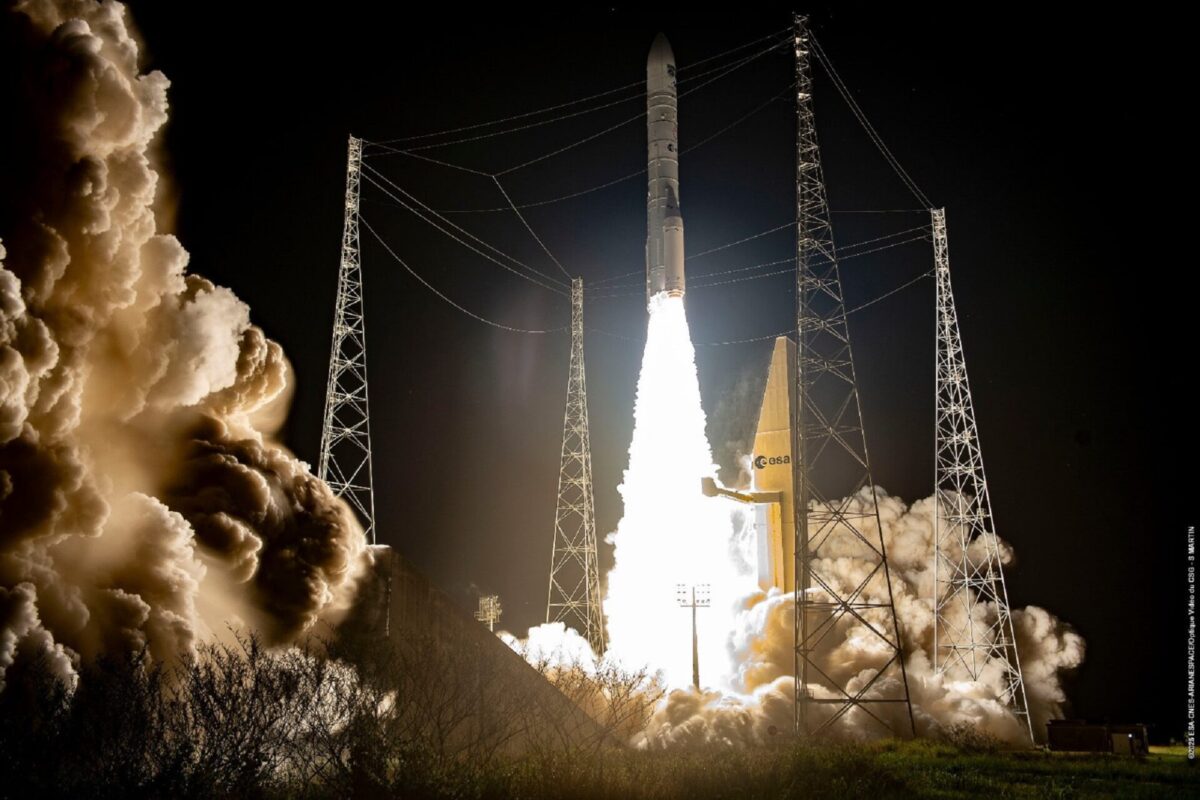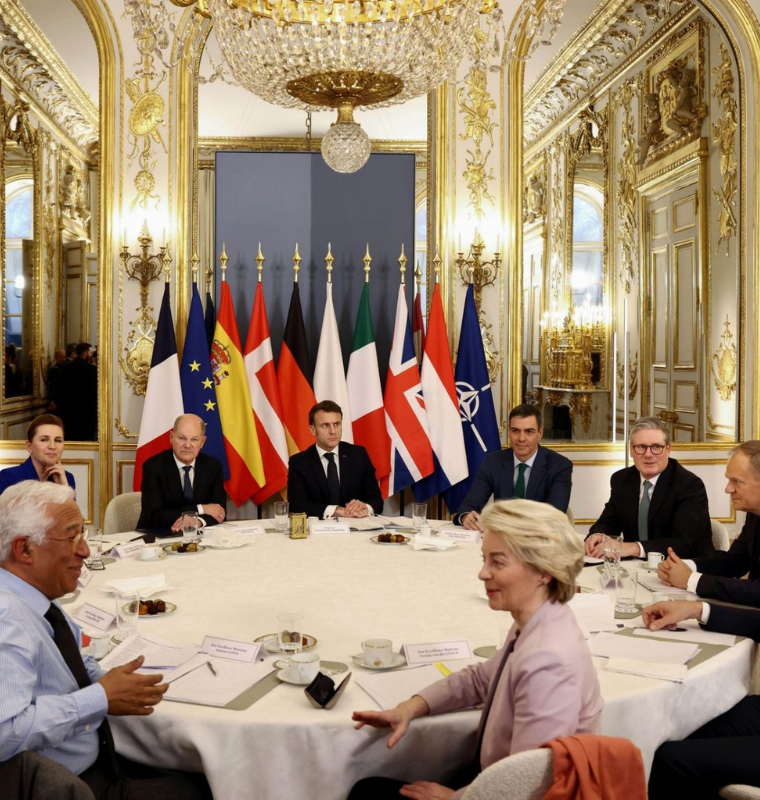Airbus, Thales, and Leonardo Unite to Build Europe’s Space Powerhouse
Airbus, Thales, and Leonardo Unite to Build Europe’s Space Powerhouse
By
Junia Wells
Last updated:
October 24, 2025
First Published:
October 24, 2025

Photo: AeroTime
In a bold move to reclaim Europe’s position in the global space race, Airbus, Thales, and Leonardo have announced plans to merge their satellite and space operations into a single powerhouse. The newly formed joint venture, expected to be operational by 2027 pending regulatory approval, aims to rival Elon Musk’s Starlink — a company that has quickly become the dominant force in satellite broadband services across Europe and beyond.
This collaboration, described by industry leaders as a “pivotal milestone for Europe’s space industry,” marks a major step toward creating a self-reliant, technologically advanced European space network.
A Unified Force in Space
Under the agreement, Airbus will hold the largest stake in the new company at 35%, while Thales and Leonardo will each own 32.5%. The partnership will bring together Airbus’s Space Systems and Space Digital divisions, Thales’s Thales Alenia Space and Thales SESO operations, and Leonardo’s entire Space Division, including its shares in Telespazio and Thales Alenia Space.
The joint venture will employ around 25,000 people across Europe and is projected to generate hundreds of millions of euros in annual operating synergies within five years of launch. While the venture will focus on satellite infrastructure, data services, and space systems, it will exclude space launcher development to maintain operational clarity.
“This alliance creates a unified, integrated, and resilient European space leader,” the companies said in a joint statement. “It will have the critical mass to compete globally and grow in export markets while strengthening Europe’s technological sovereignty.”
Europe’s Bid for Space Independence
The move comes amid growing geopolitical tension and increasing dependence on foreign space infrastructure. Starlink, operated by Elon Musk’s SpaceX, has established itself as the world’s leading satellite broadband provider, with over 10,000 satellites launched into orbit as of this week. Starlink’s role in Ukraine’s defense communications since 2022 underscored both its importance and Europe’s vulnerability in relying on non-European systems.
French President Emmanuel Macron has been a vocal supporter of a “European satellite champion,” calling space “a gauge of international power.” Italian lawmakers, too, have raised concerns over integrating U.S. firms like SpaceX into their national space programs, urging a homegrown alternative.
The Airbus-Thales-Leonardo merger directly responds to these pressures. By consolidating resources, Europe hopes to reduce its dependence on foreign technologies while accelerating innovation in defense and communication satellites.
Market and Strategic Impact
Following the announcement, European defense stocks rose across the board. The Stoxx Europe Aerospace and Defense Index climbed 0.9%, with Leonardo shares up 1.8%, Thales gaining 0.6%, and Airbus edging 0.2% higher. Analysts see this as the first concrete effort in years to strengthen Europe’s technological sovereignty and create meaningful competition in a market dominated by U.S. players.
David Barker, a European equity investment manager at GAM, called the move “the first tangible sign that Europe is addressing its waning technological independence.” He noted that until now, the continent’s space ambitions were fragmented across “three subscale companies competing against the growing dominance of SpaceX.”
Morningstar’s chief equity strategist, Michael Field, added that while space remains a small segment of these companies’ overall business portfolios, “joining forces gives them the scale and credibility needed to compete globally.”
Looking Ahead
The new company plans to play a central role in developing Europe’s sovereign satellite programs and secure communication networks for both civilian and defense applications. By pooling technological expertise and financial resources, the joint venture could serve as the foundation for future projects in navigation, earth observation, and space-based internet connectivity.
The European Commission has also expressed interest in accelerating domestic space investments, with funding initiatives expected to exceed €15 billion by 2030. Industry observers believe this collaboration between Airbus, Thales, and Leonardo positions Europe to capture a significant share of the growing global satellite market, projected to reach over $80 billion by 2030.
As Europe pushes forward with its new space ambitions, the Airbus-Thales-Leonardo alliance may mark the beginning of a new era — one in which Europe finally stands shoulder to shoulder with the U.S. in the race for space supremacy.
Popular articles
Subscribe to unlock premium content
Why Mauritius Is Leading the World in Luxury Underwater Hotel Experiences

The Evolution of Mercedes-Benz From Karl Benz’s First Motorcar to Today’s Luxury and Electric Innovations

The Secret Coffee Economy of Yirgacheffe, Ethiopia, and Its Global Influence

Why Mauritius Is Leading the World in Luxury Underwater Hotel Experiences

The Evolution of Mercedes-Benz From Karl Benz’s First Motorcar to Today’s Luxury and Electric Innovations

Why Mauritius Is Leading the World in Luxury Underwater Hotel Experiences









